# income tax act
10 posts in `income tax act` tag
.jpg)
Why Section 89 Grants Tax Relief on Salaries but Excludes Interest
Salary taxpayers who receive advance payments or arrears in one lump amount are eligible for relief under Section 89 of the Income Tax Act, which lessens the tax burden associated with switching to a higher tax band. However, interest income and other financial gains are not covered by this relief. This blog helps taxpayers with efficient compliance and tax planning by outlining the goals, restrictions, and application of Section 89.
.jpg)
Everything You Need to Know About Section 88A and Double Taxation Relief
Indian taxpayers are protected against double taxation on overseas income by Section 88A of the Income Tax Act. This guide explains eligibility, benefits, calculation methods, and the process to claim the tax credit. Continue reading to minimize your tax liability and guarantee equitable taxation.
.jpg)
From Business to Personal: The Reality of Unlimited Tax Liability
In terms of income tax, "unlimited liability" describes situations in which directors, partners, or other stakeholders might be held personally accountable for a company's outstanding tax debts. This blog explores the consequences, defenses, and preventive measures of Sections 167C, 179, and 188A of the Income Tax Act for partnership firms, private companies, and limited liability partnerships.
.jpg)
Tax Notice Orders - Section 156
Although receiving a tax notification under Section 156 of the Income Tax Act is frequently required as part of the tax assessment procedure, it might be unsettling. This comprehensive blog post clarifies the notice's contents, the circumstances behind its issue, and your options for responding, including whether to contest or pay the demand. Being aware of this procedure aids in avoiding fines, interest, and legal issues. Reexamine your tax documents, be proactive, and take the required actions to either pay the demand or submit an appeal.
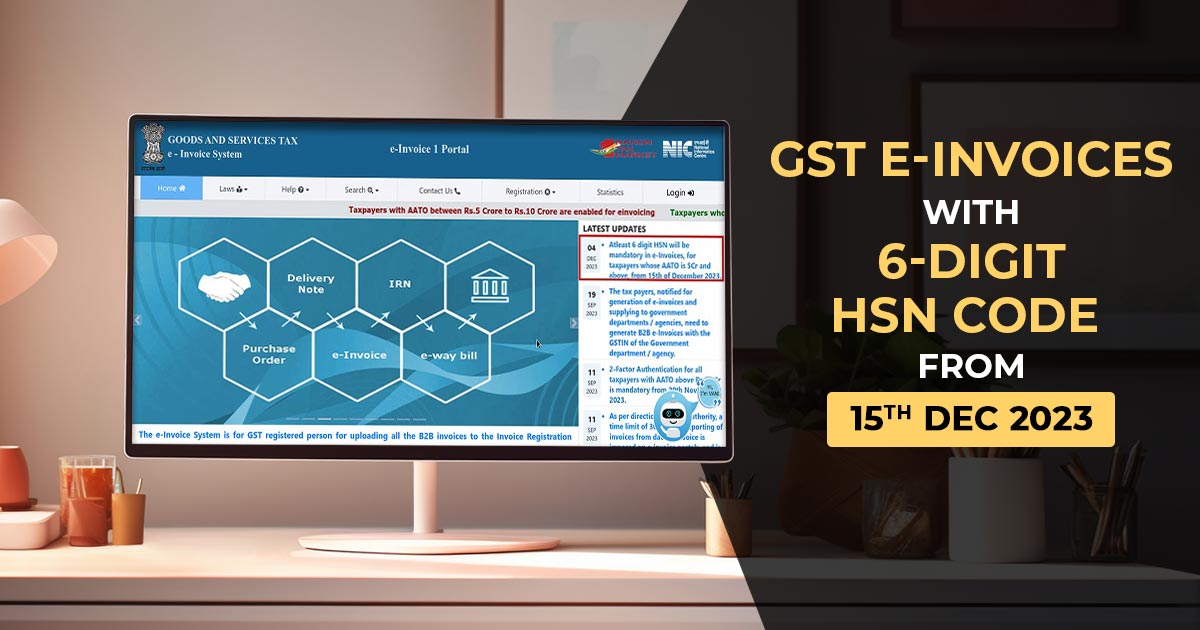
6 Digit HSN Code Mandatory GST E-Invoices From Dec 15, 2023
Starting December 15, 2023, a new rule requires businesses with an Annual Aggregate Turnover (AATO) of Rs. 5 crores or more to include a minimum 6-digit Harmonized System of Nomenclature (HSN) code in their electronic invoices for Goods and Services Tax (GST).
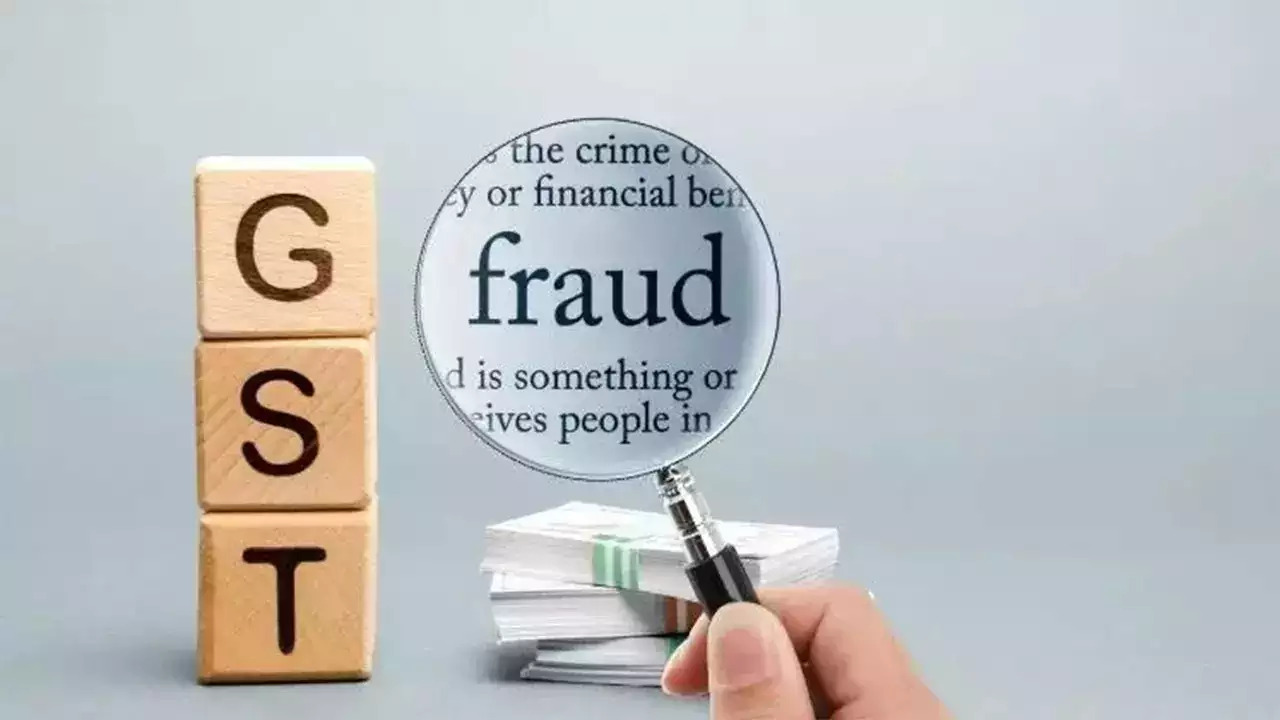
FM Sitharaman Exposes 21791 Fake GST Registrations Tax Evasion
Sitharaman reported that a total of 21,791 entities with GST registration, split between state tax and CBIC jurisdictions, were found to be non-existent.
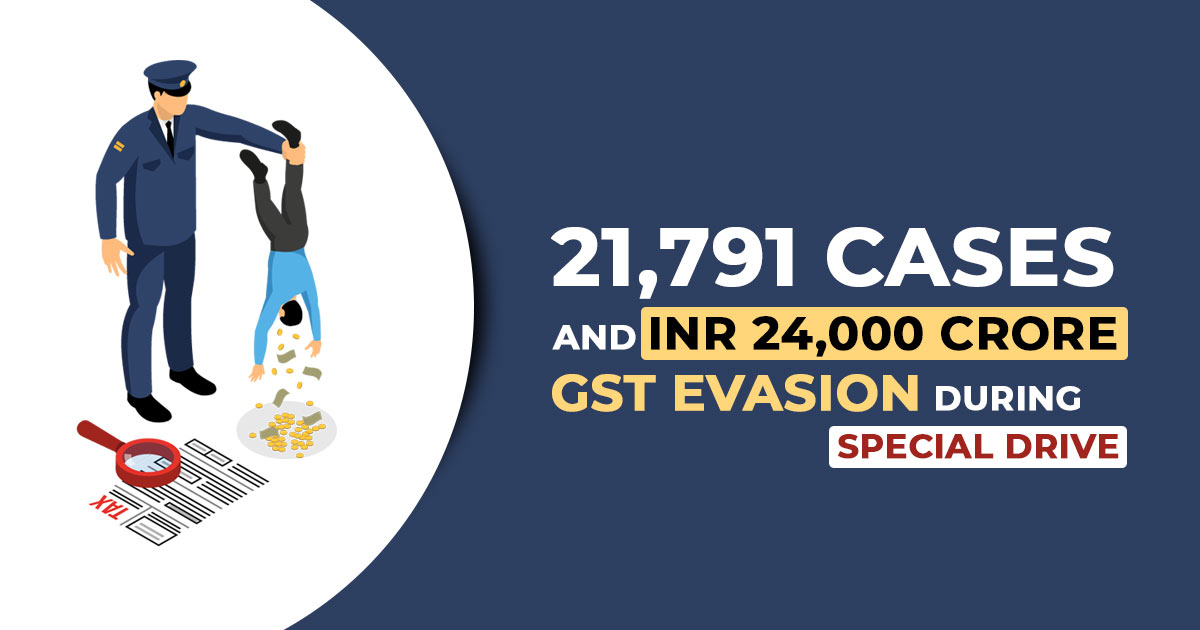
GST Department Special Drive Identifies 21791 Falsified Registrations
Finance Minister Nirmala Sitharaman revealed on Tuesday that a special two-month drive by GST officers has deciphered 21,791 instances of fraudulent GST registrations and suspected tax evasion amounting to over 24,000 crore.
.jpg)
Income Tax Act Section 139(4) Guide Filing Belated Returns
A belated return is when an individual fails to file their income tax return by the original due date of 31st July each year and submits it afterward but before 31st December of the same year.
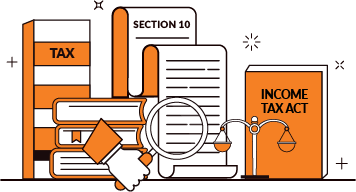
Income Tax Exemptions Section 10 14 i Closer Look
In the Income Tax Act, Section 10(14)(i) outlines provisions related to allowances and perquisites—benefits provided by employers to employees as part of their salary.
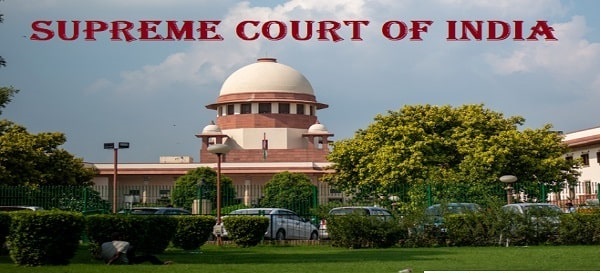
Indian Income Tax Act Modifications Supreme Court Retroactive Application Section 153C
In a recent decision, the Supreme Court highlighted a change in Section 153C of the Income Tax Act, stating that it will now apply retrospectively to cases predating the amendment.
